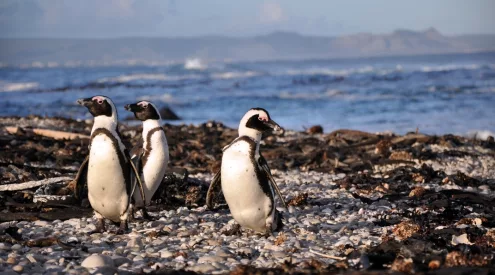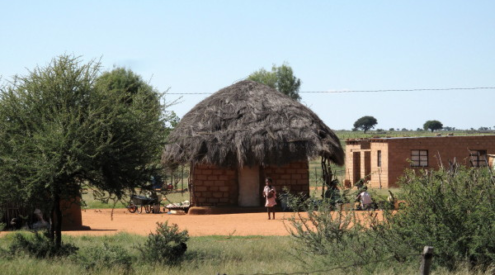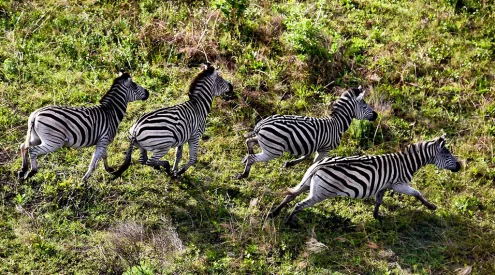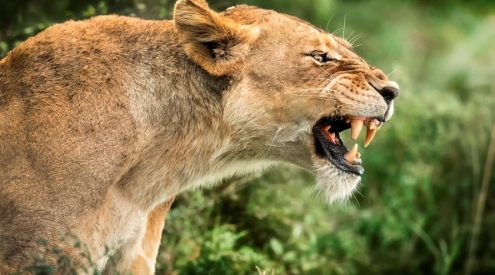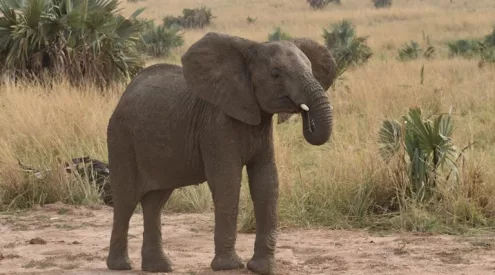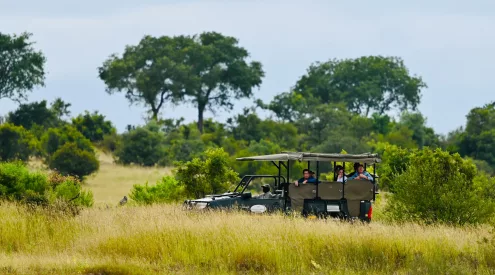The euthanasia of three baboons in Cape Town’s South Peninsula has sparked outrage from animal rights activists.
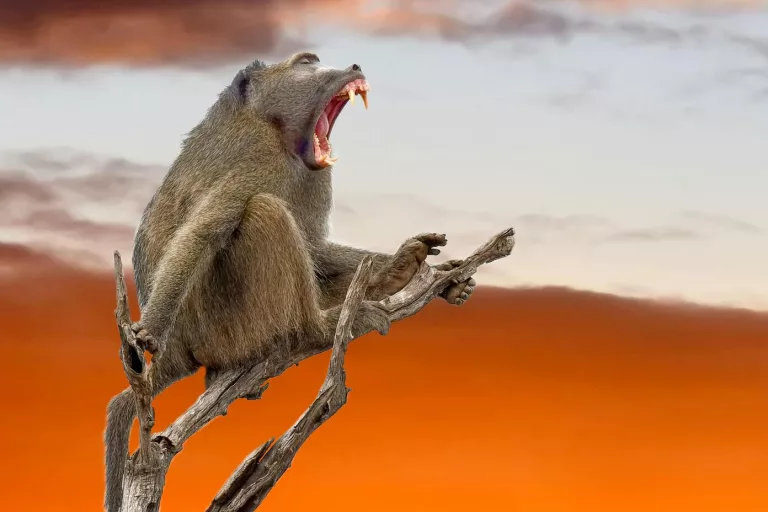
Image: Pexels / Frans Van Heerden
ALSO SEE: Hippo makes swift escape after frightening brush with five lions
Last week, the Cape Peninsula Baboon Management Joint Task Team (CPBMJTT) confirmed that the three baboons had been euthanised.
“Three raiding baboons were euthanised over the past four weeks following deliberation,” the statement read.
“The decision followed upon an assessment of the case histories of the three raiding baboons from the Waterfall, Da Gama, and Smitswinkel troops.”
According to News24, the task team explained that the intervention adhered to the established baboon management guidelines.
“The CPBMJTT accepts that not all residents or stakeholders will be in support of such decisions.”
“However, the CPBMJTT is confident that these decisions, although difficult, are robust, rational and based on the best available information and scientific advice.”
The CPBMJTT stated that euthanasia is one of several options outlined in the baboon management guidelines and will be used as necessary.
Although they confirmed the three baboons were euthanised, they did not clarify what constitutes a raiding baboon or provide details on the frequency of such raids or the method of euthanasia used.
Non-profit organisation (NPO) Cape Peninsula Civil Conservation (CPCC) chair Lynda Silk described the ‘killing’ of the baboons as shocking.
“The death of Creamy together with the killing by authorities of two other healthy adult male baboons, Jody and Junior from two nearby troops, has brought a wave of shock, grief and outrage from Peninsula residents and even from around the country.”
Silk mentioned that residents had observed the baboons’ absence two weeks prior.
Silk criticised the CPBMJTT for swiftly implementing a management approach that lacks broad public backing.
“There was about a decade when adult male baboons of the Cape Peninsula were regularly killed by authorities, for being classed as raiding males and simultaneously it was acknowledged that almost all adult male baboons in the Peninsula, if they lived long enough, would be classified as raiding males.”
“It is not right that baboons get a death sentence for eating from unsecured bins or homes when we, the supposedly more intelligent species, have no consequence for making such opportunities available.”
According to Silk, the term ‘raiding’ is used anthropomorphically to attribute human-like intentions to the natural foraging behaviours of animals.
Silk acknowledge that the baboons ventured into homes and areas unfamiliar to residents, contributing to the issue.
Article written by Jared Moorgas for Cape Town ETC.
Follow us on social media for more travel news, inspiration, and guides. You can also tag us to be featured.
TikTok | Instagram | Facebook | Twitter


